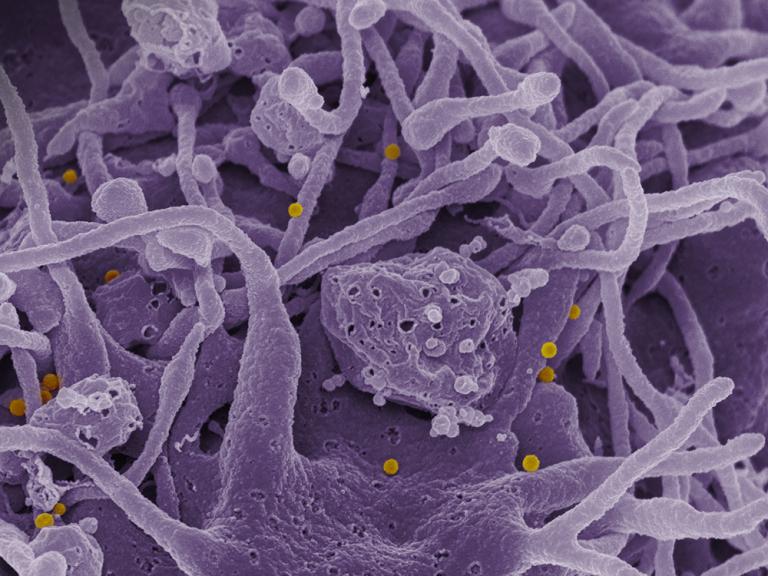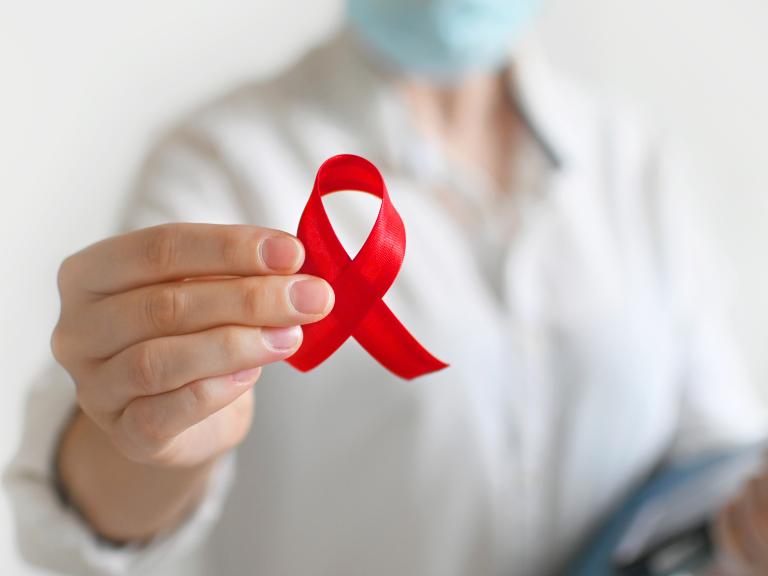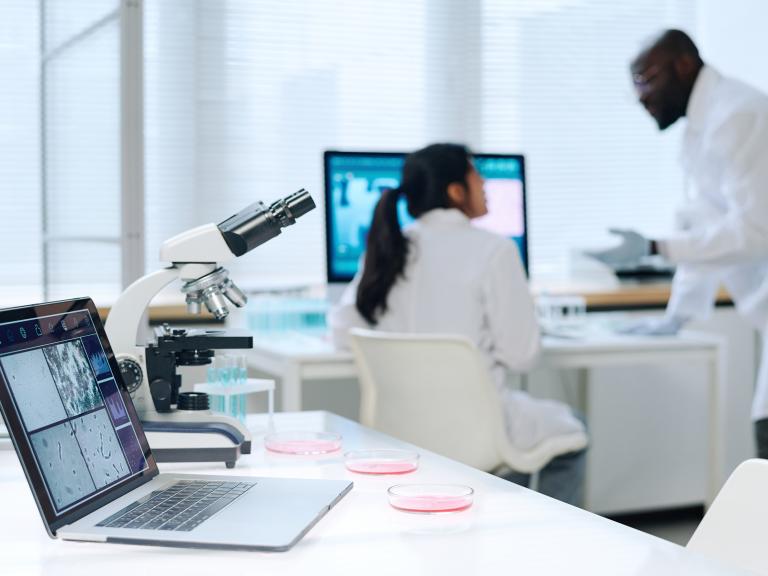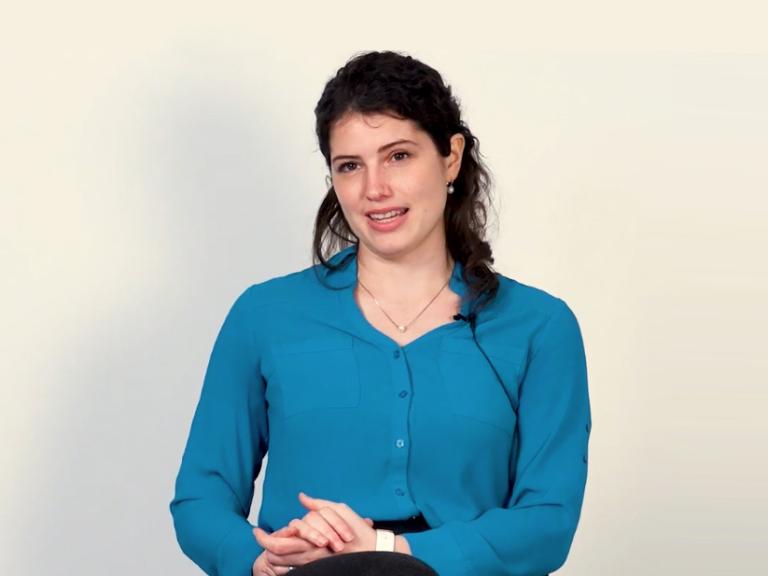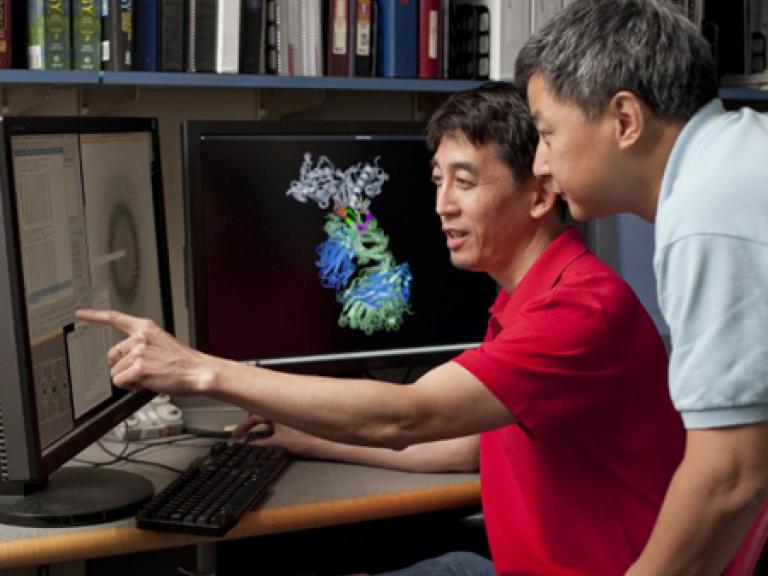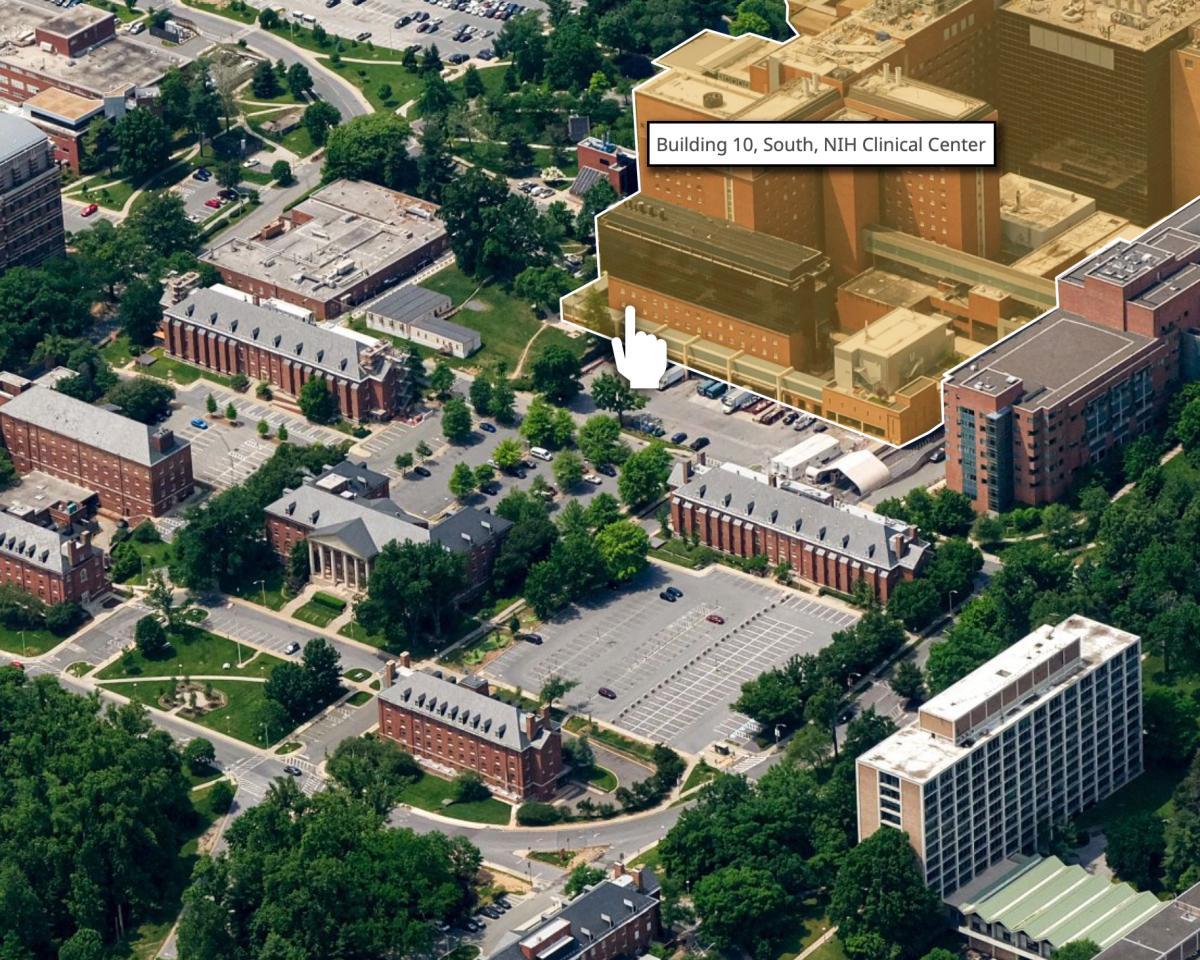In addition to monetary funding, NIAID or NIAID-funded groups provide services that are available to the research community to advance their scientific pursuits. You may request services if you are an investigator in academia, a nonprofit organization, industry, or government in the United States or worldwide. You need not be a grantee of NIAID or another National Institutes of Health Institute or Center.
Research
Research Areas
Grants & Contracts
Clinical Trials
News & Events
About NIAID
Website Policies and Notices


